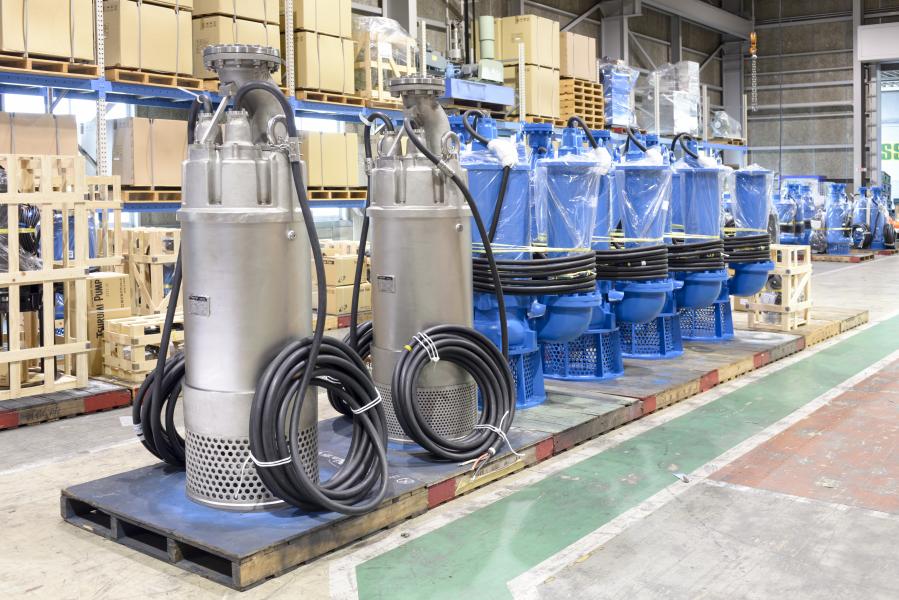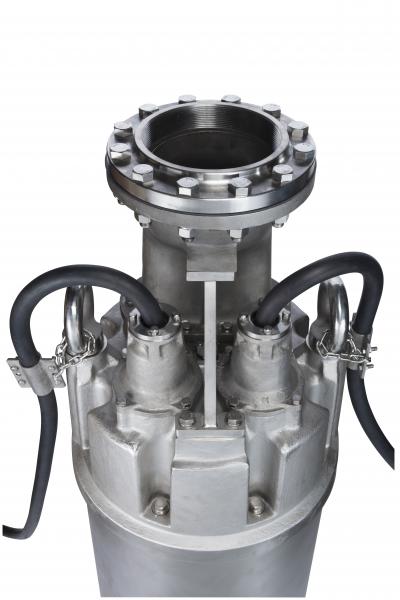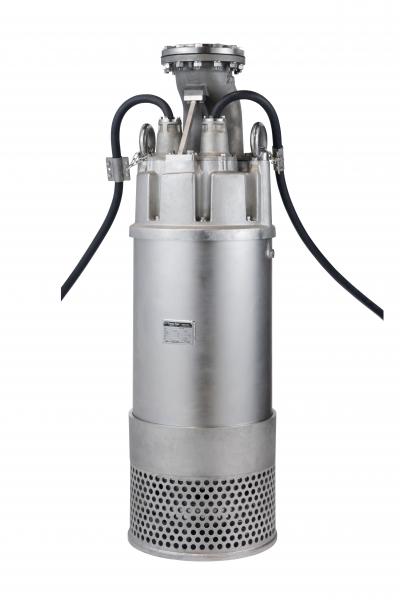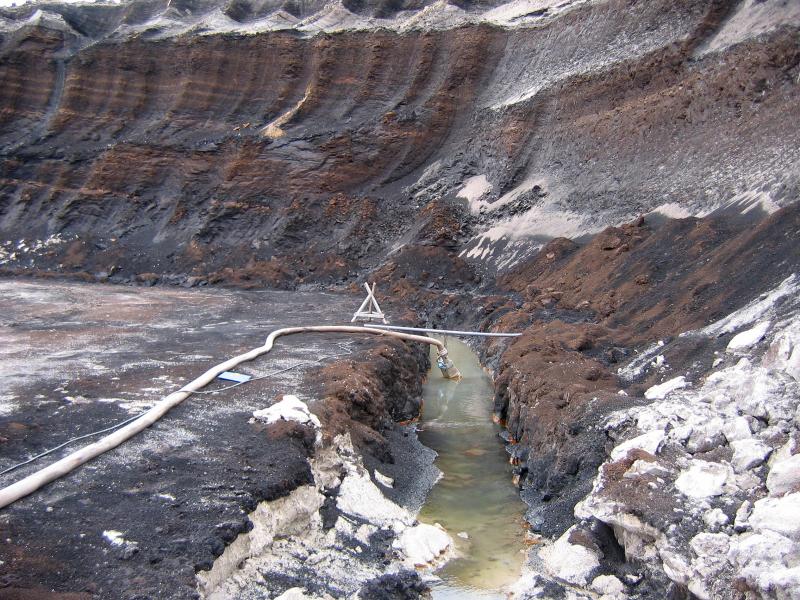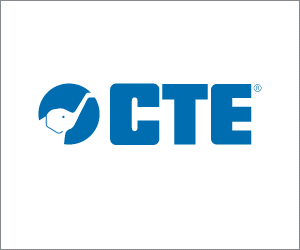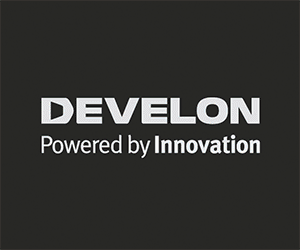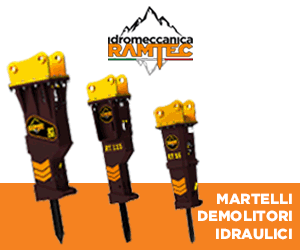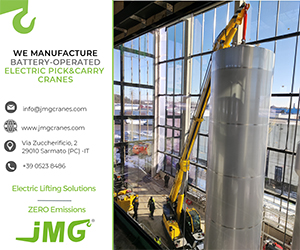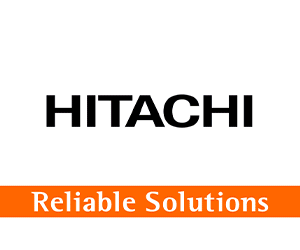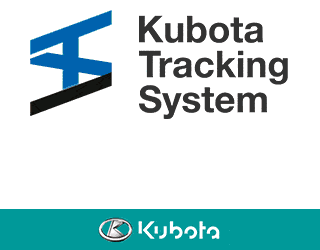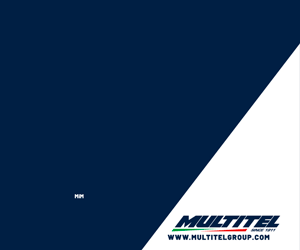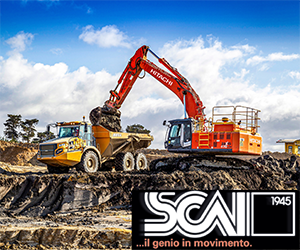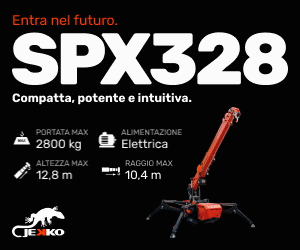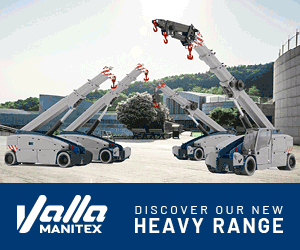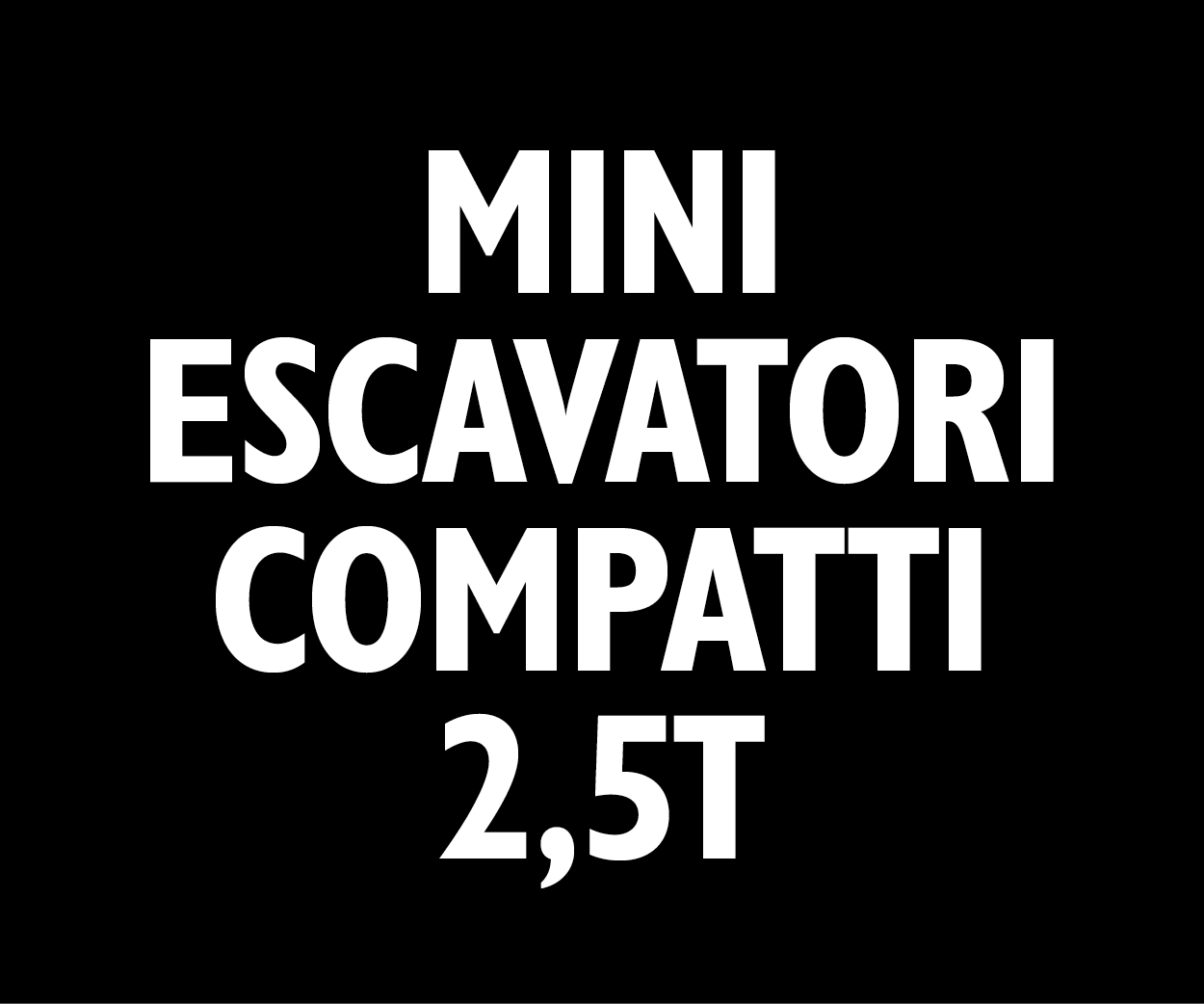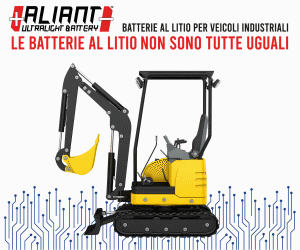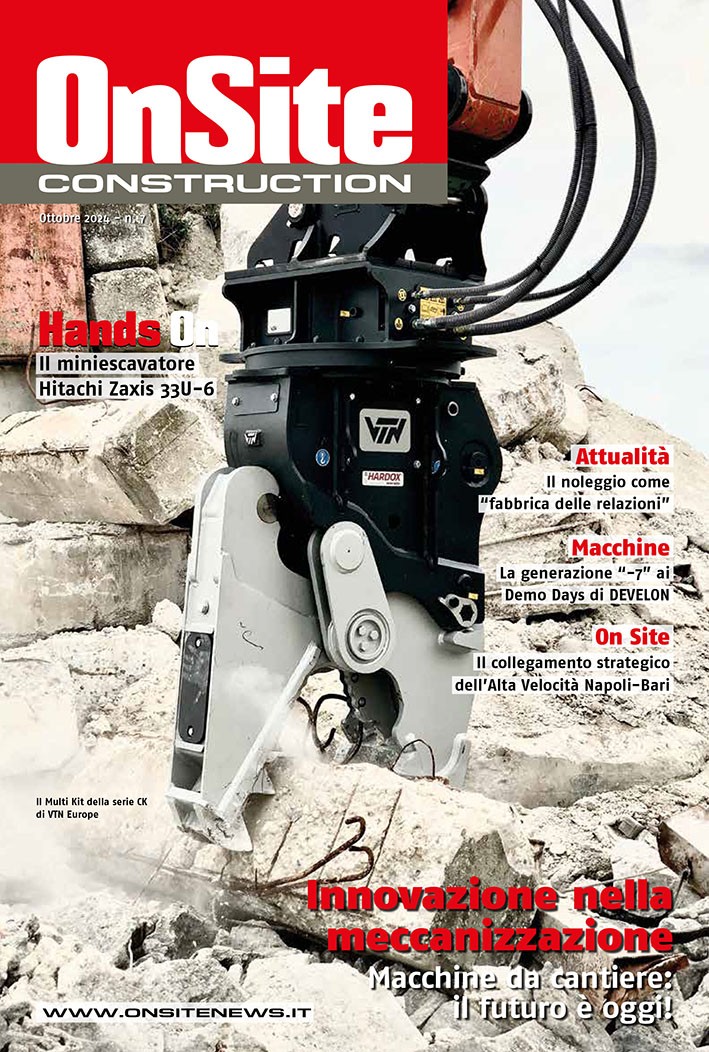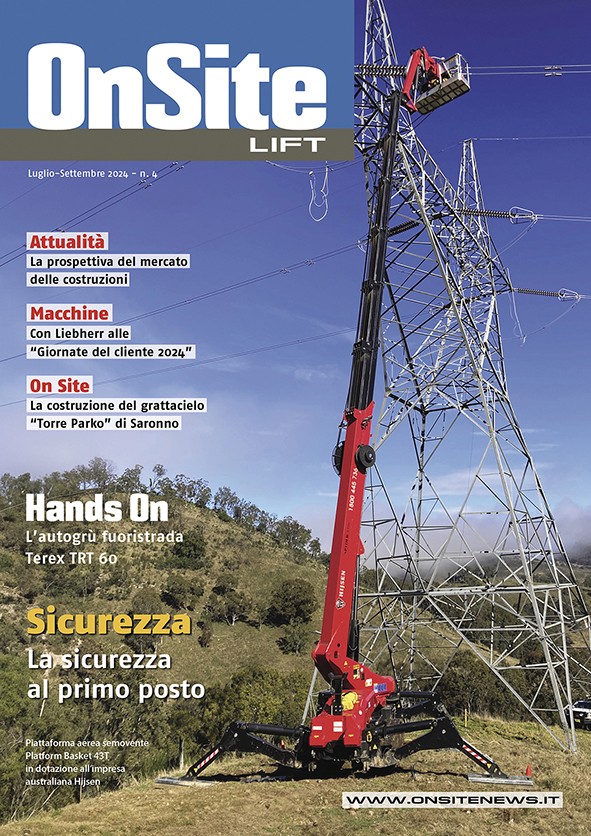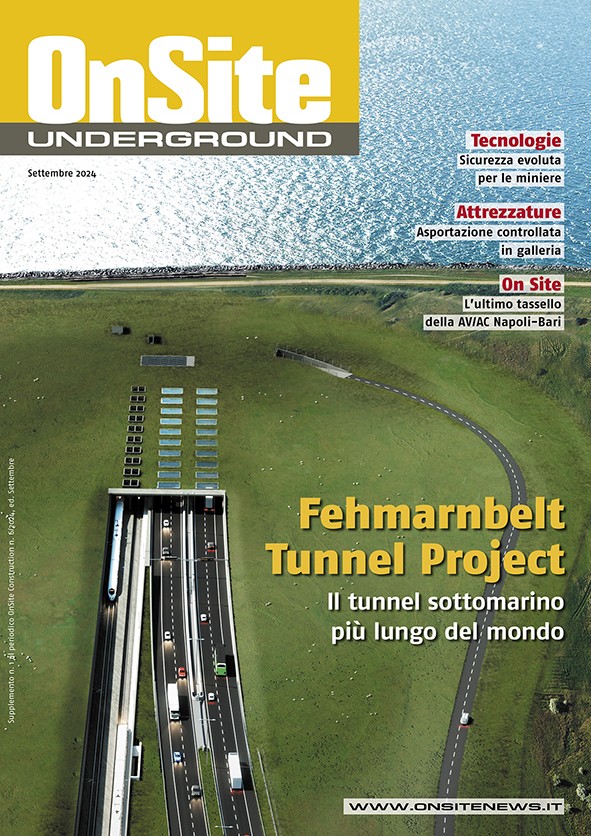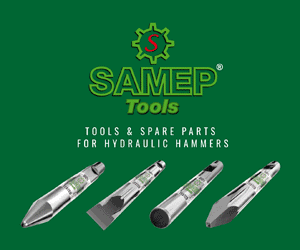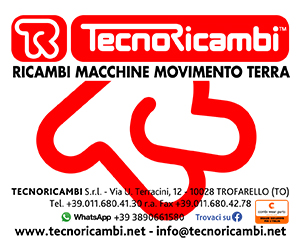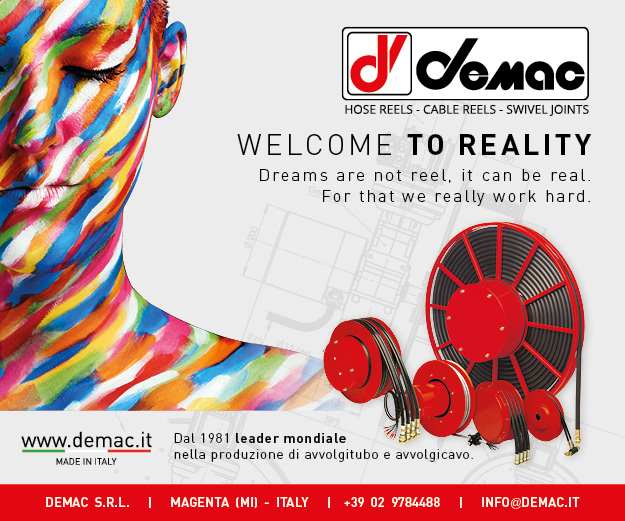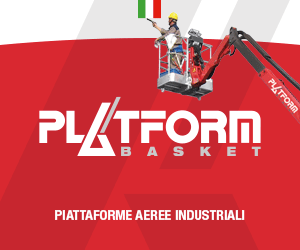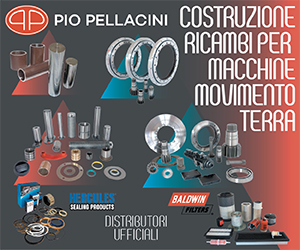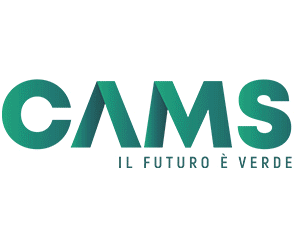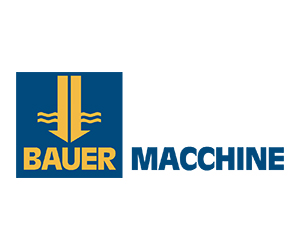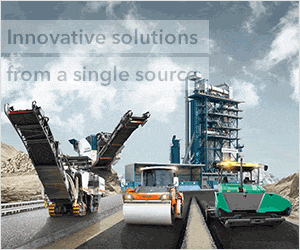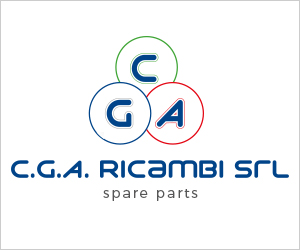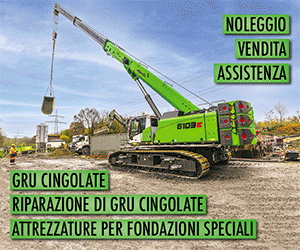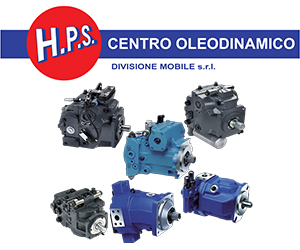Home \ International \ Deep down into acidity!
Deep down into acidity!
10/11/2020
Pubblicato da Redazione
When the job is to go really deep, it is not only sheer pump performance that matters.
Ambitious civil engineering projects and distant raw material deposits: when the job is to go really deep, it is not only sheer pump performance that matters. Often more important is the pH value of the water.
This is where the actual selection of the pump model is essential, so that the dewatering does not collapse suddenly. If the value falls well below neutral, there is a risk of serious corrosion damage to the machinery.
The pH value provides information as to whether an aqueous solution is acidic or alkaline. A value of about seven is considered neutral (in fresh water without Co2). Many dewatering water pumps can still be operated relatively well in alkaline environments, with high pH values. However, in acidic environments, things become tough. Only a few manufacturers can still supply suitable pumps for pH values down to two.
The Japanese supplier Tsurumi, with its European headquarters in Düsseldorf, Germany, goes particularly far in this sector. The range includes not only pumps with all common housing materials. As a special feature they offer a dedicated range of pumps that have been developed explicitly for pumping water in deep mines and chemically acidic environments. Tsurumi is one of a few manufacturers with this range of products.
The LH and LH-W series are the nonplus ultra-here, with the LH6110 leading the way: this pump with 110 kW motor power is considered one of the most powerful units in the EU delivery programme. It can pump water up to 177 m vertically upwards and can achieve up to 3.000 l/min. As a submersible motor pump, it is also pressure-resistant to an immersion depth of 30 metres. This means that theoretically a single unit is sufficient for dewatering even the deepest pits.
If numerous mineral substances are found at the extraction site, for example because pyrite, chalcopyrite and similar sulphides oxidise there, the water quickly takes on an acidic character. For this reason, Tsurumi builds models in the above-mentioned series from austenitic stainless chrome-nickel steel with molybdenum addition and uses the material DIN 1.4401, also known as AISI 316. This gives the manufacturer a higher resistance in the aggressive operating environment compared to other grades.
Tsurumi covers different performance configurations in this area. A closer look at the data sheets is worthwhile here: if a conveying depth of about 107 m is sufficient, the sister model LH8110 already achieves a maximum flow rate of 6.500 l/min.

Ultime notizie di OnSite News
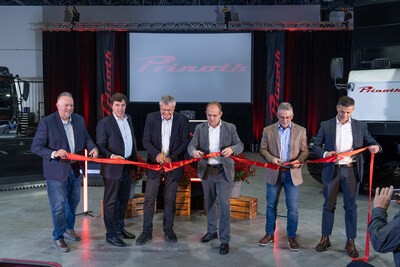
Earthmoving Machinery
25/11/2024
Prinoth Unveils Expanded Production Facility in Granby, Canada
Prinoth held an event to announce the official opening of it...
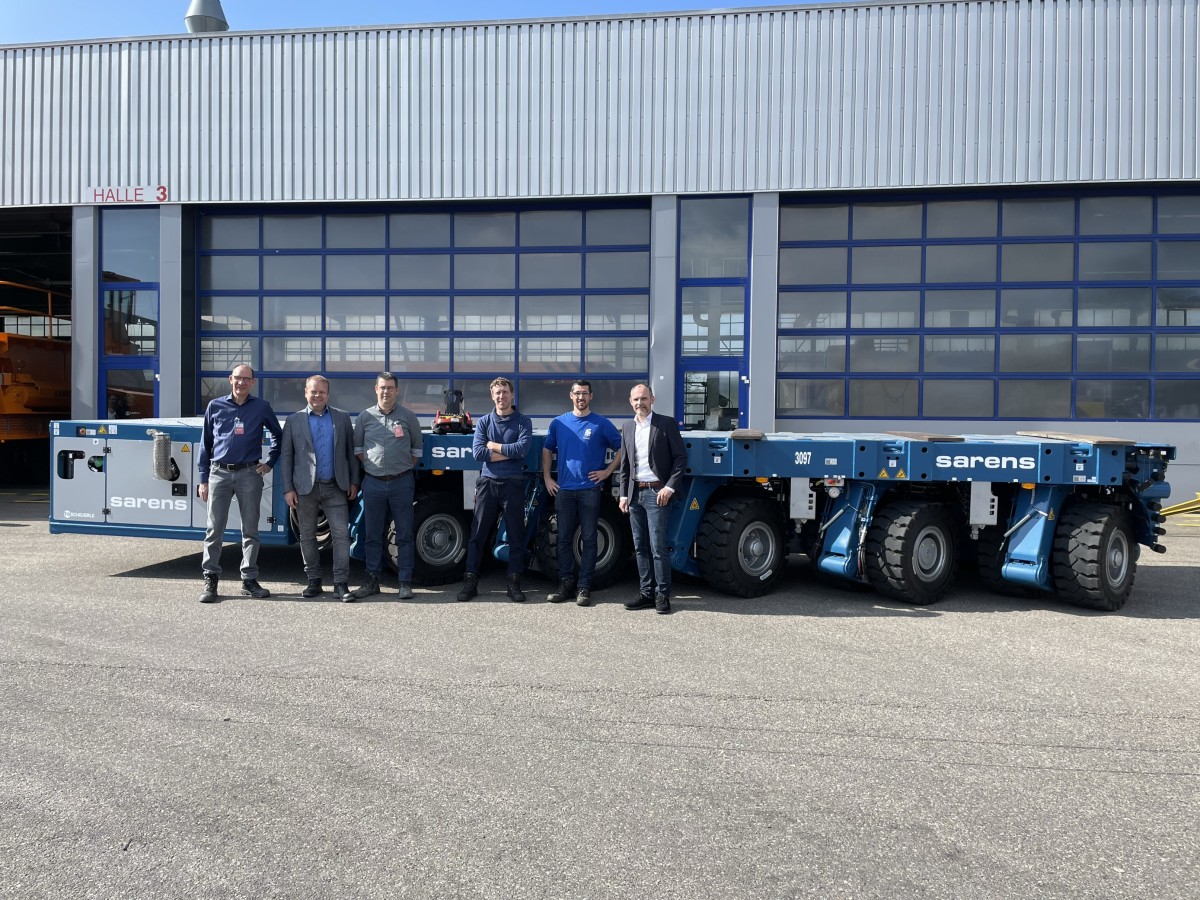
Logistics
22/11/2024
Sarens acquires additional SCHEUERLE SPMT K24 modules
renowned for its expertise in crane rental services, heavy l...
Equipments
21/11/2024
SITECH partners with Royal Engineers to create poppy and demonstrate tech offering
The demostration involved creating a ground-level poppy desi...
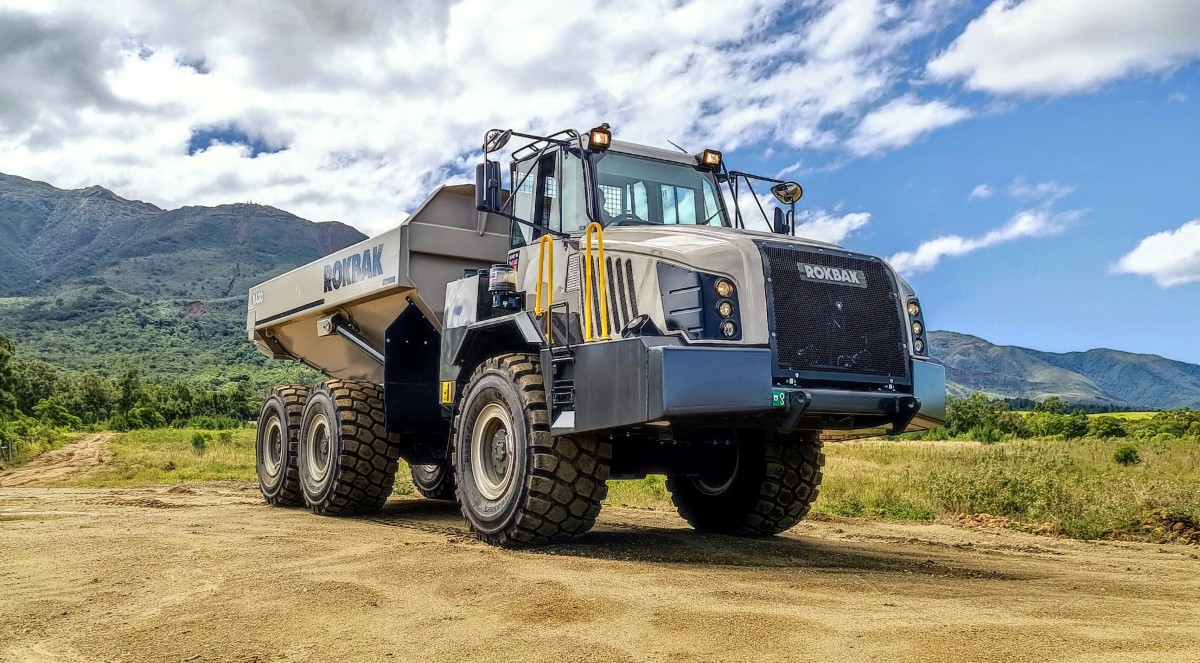
Earthmoving Machinery
20/11/2024
Strong and stable RA30 trucks carry the weight at New Caledonian mine
Three Rokbak RA30 trucks are delivering exceptional durabili...
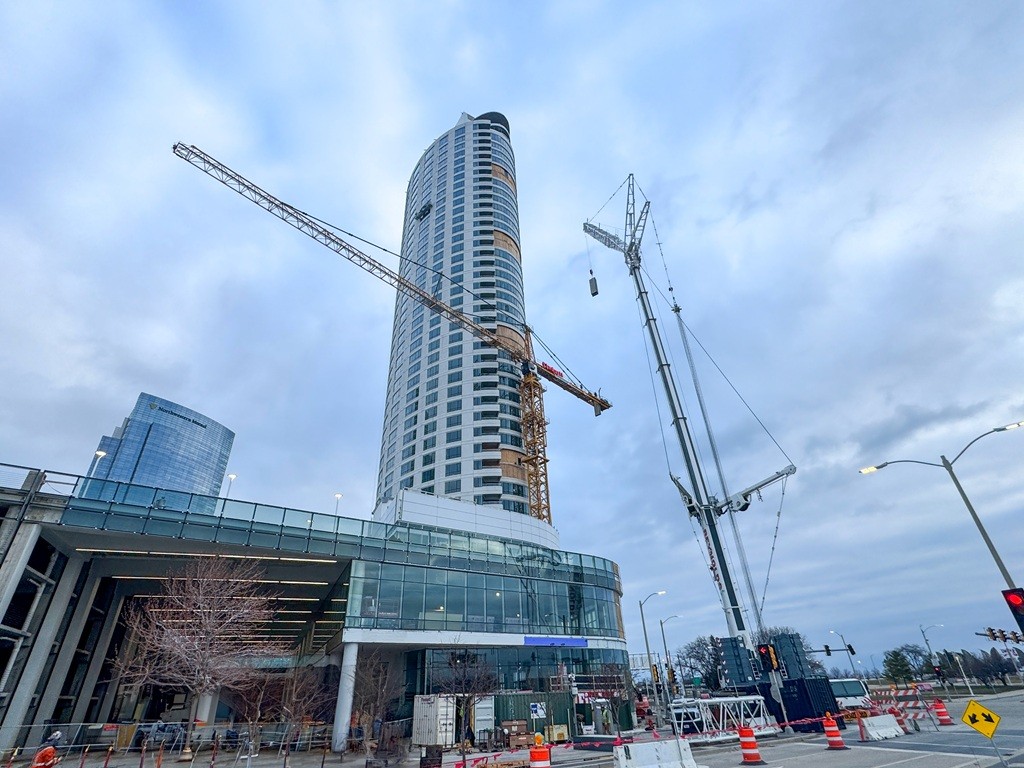
Lifting
20/11/2024
Tadano AC 7.450-1 Performs Double Duty in Wisconsin
A cost-saving and versatile solution was already on site - a...
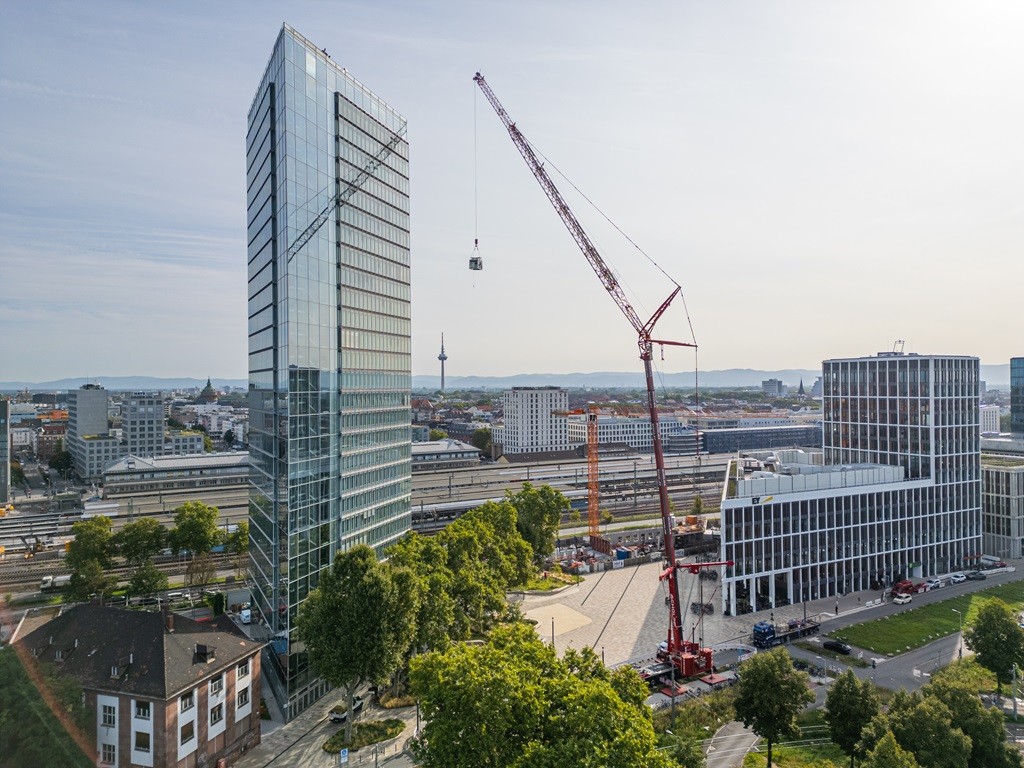
Lifting
11/11/2024
Tadano AC 7.450-1 all terrain crane for the Victoria Tower in Mannheim
Tadano AC 7.450-1 all terrain crane lifts cooling unit to to...
Altri International
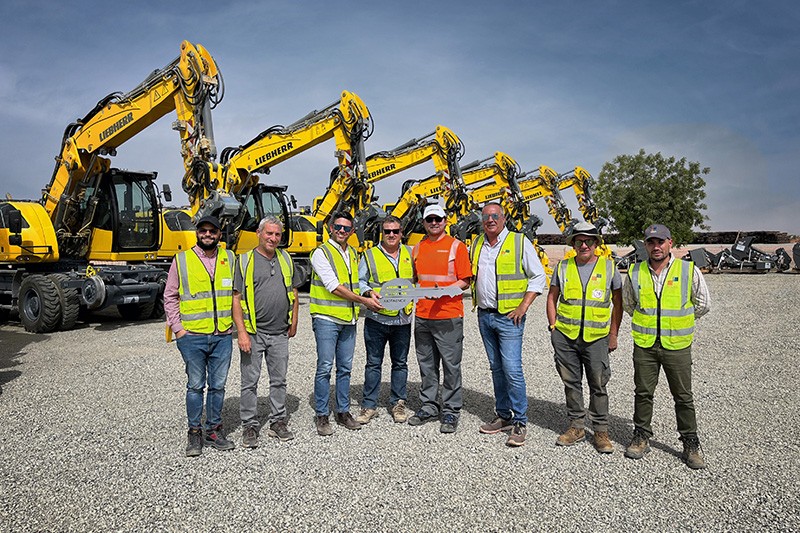
International
26/11/2024
Mota-Engil orders 10 Liebherr railroad excavators for a major project in West Africa
The Portuguese construction company Mota-Engil has once agai...
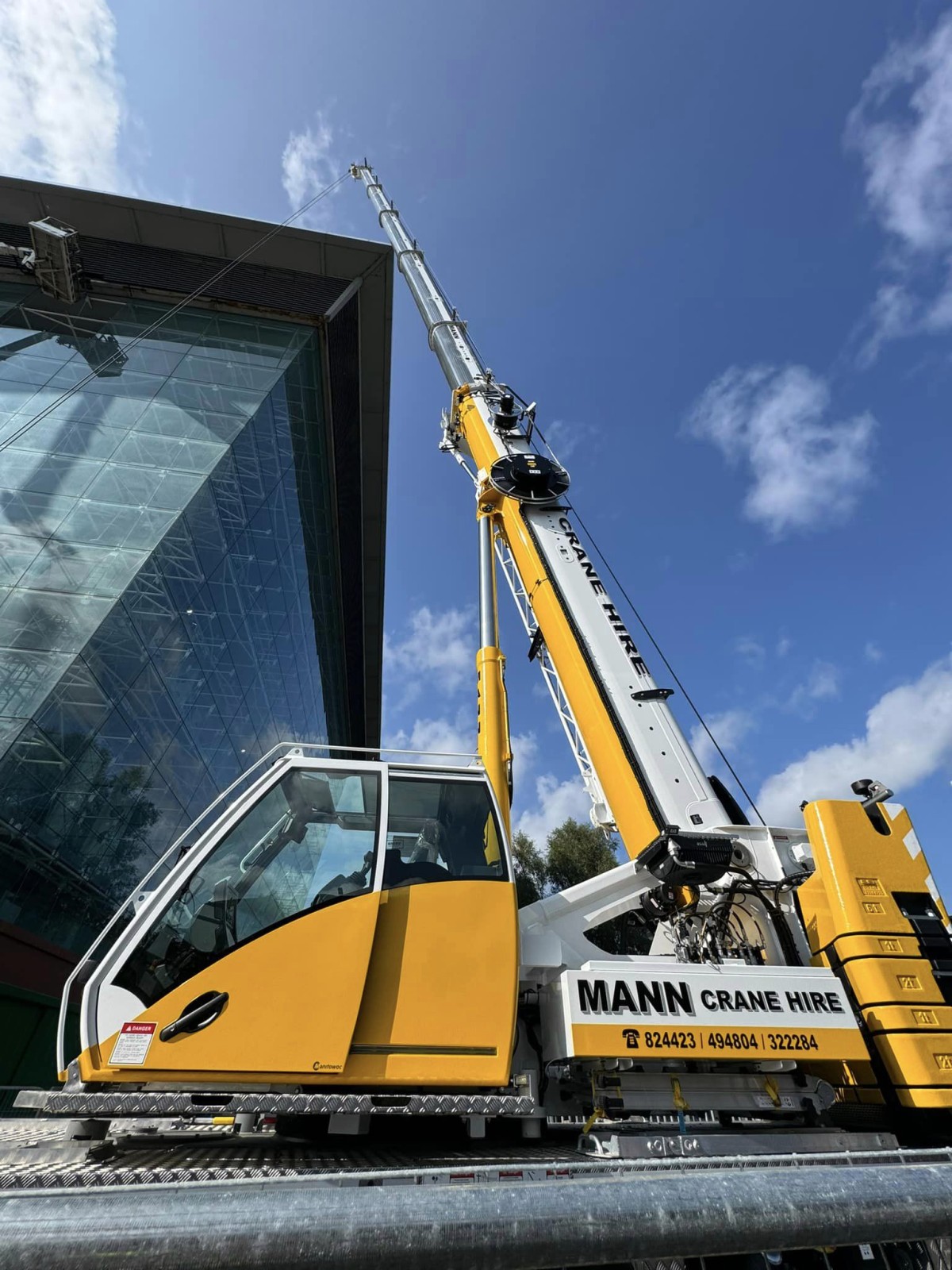
International
25/11/2024
New Grove GMK3060L-1 drives busy schedule for Mann Crane Hire
• Mann Crane Hire selected the GMK3060L-1 for its class-lead...

International
25/11/2024
Prinoth Unveils Expanded Production Facility in Granby, Canada
Prinoth held an event to announce the official opening of it...
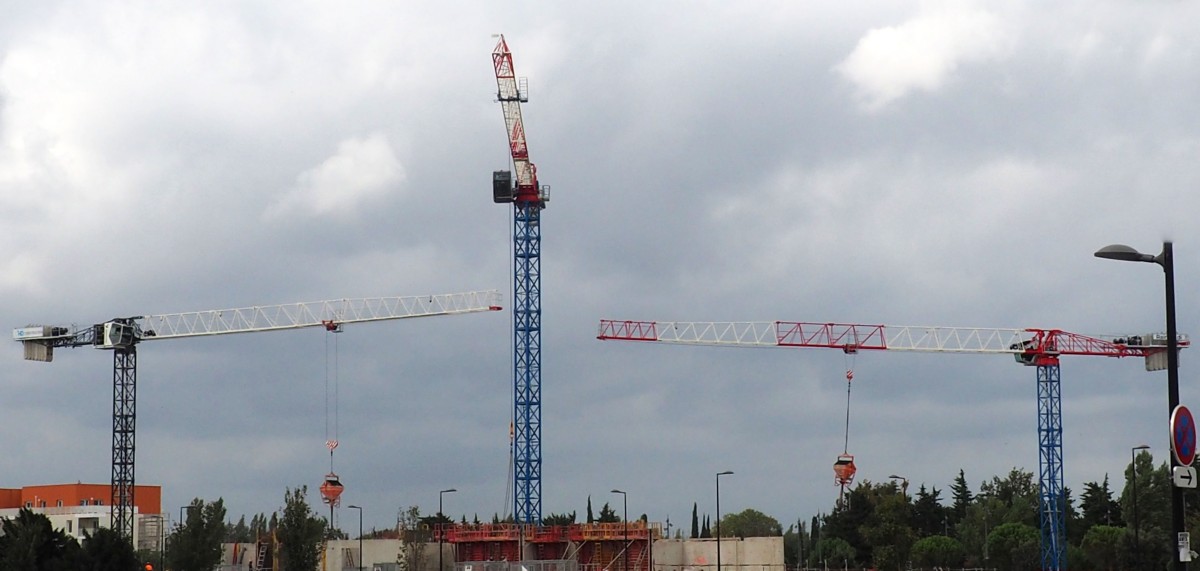
International
23/11/2024
GPMat International takes delivery of two Raimondi T147s residential development in the South of France
- Official agent of France expands its product lineup with t...

International
22/11/2024
Sarens acquires additional SCHEUERLE SPMT K24 modules
renowned for its expertise in crane rental services, heavy l...
International
22/11/2024
Five WOLFF cranes modernize Oslo’s Ulven district
With a total of five WOLFF cranes of type 7534.16 Clear, Wol...











